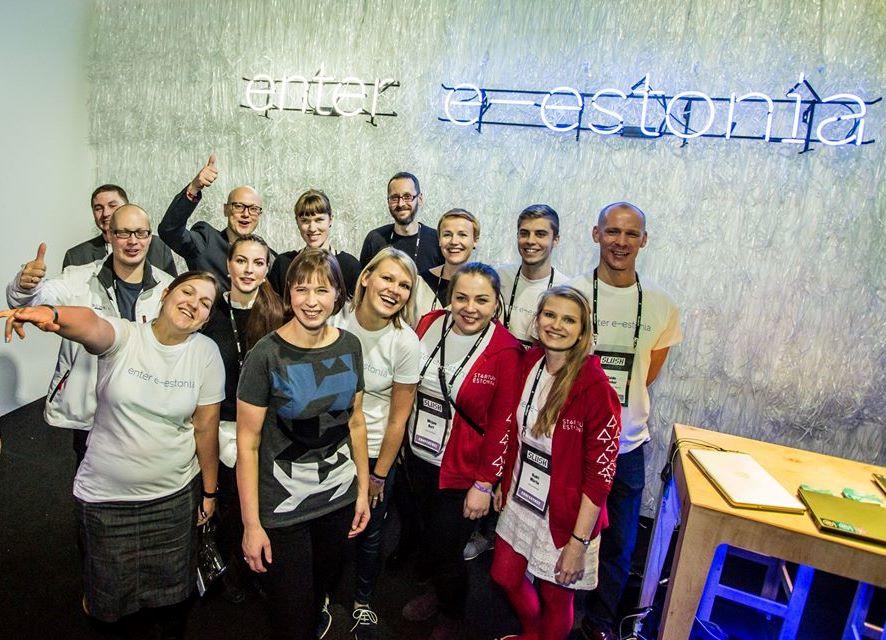Kersti Kaljulaid, the Estonian president, called business people around the world to take an advantage of her country’s e-residency programme that entitles everyone, everywhere to securely identify them online, open and run a location-independent business and take advantage of a marketplace of services specifically for e-residents.
“Even though there are only a little over a million of us, thanks to Estonia’s capabilities, we can make ten million payments, perform ten million requests and sign ten million contracts in just ten minutes. Even ten times larger states cannot beat us,” Kaljulaid said, while giving a speech at one of the largest technology conferences in the world, Slush, in Helsinki, Finland.
“But the good news is that it is possible to join our exclusive club of digitally empowered citizens. Each of us has been given up to 100 years to live on this planet – why not use that time more efficiently?” she asked, inviting everyone to become an e-resident of her country.
Estonia made history in December 2014 by starting the first supranational virtual residency programme in the world. Non-Estonians around the world were invited to join the programme and take advantage of Estonia’s convenient digital services, thus moving towards the idea of a country without borders.
“If you wait until your home country implements similar solutions, it could take long time and your competitors would get ahead by few years,” Kaljulaid said, while stressing that her country, often dubbed as “e-Estonia”, has also the most transparent business environment in the world.
Estonian express
Estonia’s first e-resident was the Economist’s senior editor Edward Lucas, who called the e-resident’s card an “Estonian Express” that offers a degree of security, convenience and privacy that no other national ID programme does. Among the famous e-residents are German chancellor Angela Merkel and Japanese prime minister Shinzō Abe.
Since 2014, more than 15,000 people from 135 countries have applied for e-residency. Finland is ranking first among the 135 countries with over 2,500 e-residents.
The e-residents have already established over 1,000 new companies and more than 2,000 entrepreneurs use the e-residency to administer their businesses.
The new Estonian regulation will allow banks to open current (checking) accounts without the need for the customer to visit a branch, enabling e-residents to open bank accounts remotely, via an online video link.
I
Cover: President Kersti Kaljulaid visiting the Estonian booth at Slush 2016 in Helsinki, Finland (photo by Aron Urb.)



